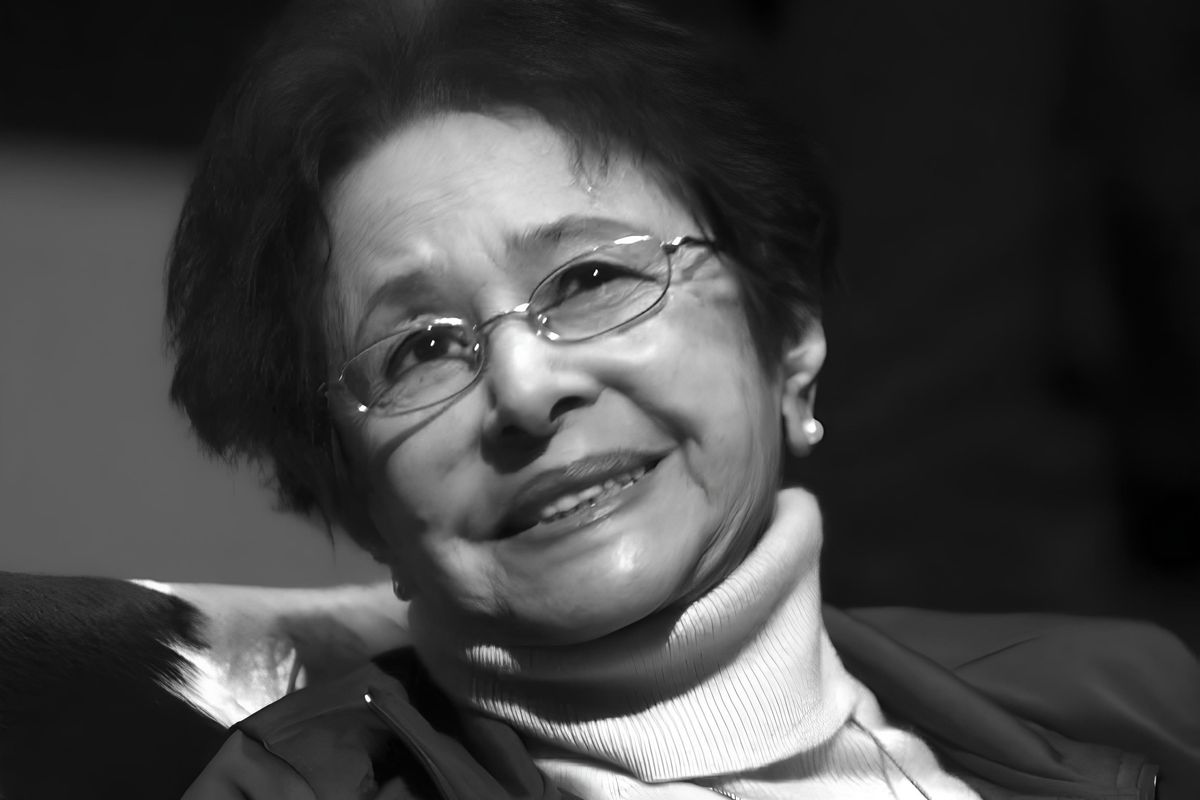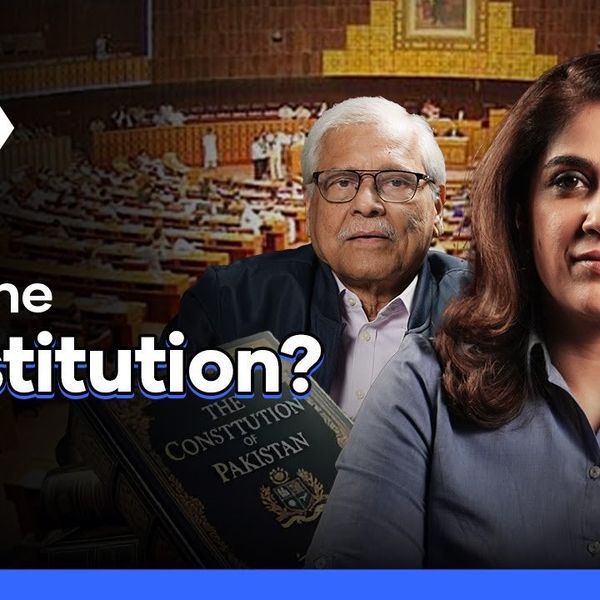Bapsi Sidhwa: Literary giant of Partition and Parsi culture passes at 86
Sidhwa’s writing did more than simply document history—it interrogated the patriarchal, nationalist structures that shaped South Asia
News Desk
The News Desk provides timely and factual coverage of national and international events, with an emphasis on accuracy and clarity.

The picture shows acclaimed Pakistani writer Bapsi Sidhwa.
Bapsi Sidhwa/Facebook
Bapsi Sidhwa, one of Pakistan and South Asia’s most influential writers, passed away in Houston, Texas, at the age of 86, leaving behind a remarkable literary legacy. Her stories captured the chaos of Partition and the rich traditions of the Parsi community, turning personal experiences into universal truths.
Partition, childhood and challenges
Born in Karachi in 1938, Sidhwa faced the challenges of polio and the upheaval of Partition early in life. These events shaped her unique perspective, allowing her to explore the hidden struggles of everyday people. Lahore, where she spent her formative years, became a backdrop for much of her work, its streets echoing the violence and migration that would later inspire her writing.
The Parsi lens: An outsider within
Sidhwa’s literary contributions stand apart for their "outsider-insider" perspective. As a member of the Parsi community, she was both a participant in and an observer of the tumultuous Hindu-Muslim dynamics of the subcontinent. This duality—what she described as detached observation—allowed her to transcend partisanship, wielding her pen with the precision of a historian and the empathy of a storyteller.
Her debut novel, The Crow Eaters (1978), though initially met with rejection, offered an intimate portrayal of Parsi family life, delving into cultural identity with wit and candor. But it was her magnum opus, Cracking India (1991), originally published as Ice Candy Man, that cemented her status among literary greats. Narrated through the untainted eyes of Lenny, an eight-year-old polio-stricken girl, the novel juxtaposes the innocence of childhood with the horrors of Partition as both intimate and incomprehensible.
Her writing does more than document: It interrogates. Sidhwa’s work questions the patriarchal and nationalist narratives that dominate South Asia’s historiography. Her female characters—resilient, resourceful, and defiant—challenge societal norms, embodying the silent yet indomitable forces of agency.
Adaptations
Sidhwa’s works, rich in historical and cultural context, secured her a place among celebrated authors. Her collaboration with Indo-Canadian filmmaker Deepa Mehta brought her words to the screen in the acclaimed film Earth (1998), adapted from Cracking India. She also authored Water: A Novel (2006), which was based on Mehta’s Academy Award-nominated film of the same name.
Her documentary Bapsi: Silences of My Life, released in October 2022 by the Citizens Archive of Pakistan, offers insights into her personal and professional journey. It explores her experiences during the Partition of India—an event that profoundly shaped her literary vision.
Legacy and recognition
Beyond fiction, her life as an activist and advocate for women’s rights mirrored her literary ethos. Representing Pakistan at the Asian Women’s Congress in 1975, she lent her voice to the broader struggle for justice and equality.
Beyond her fiction, Sidhwa's activism for women’s rights reflected her literary values. In 1975, she represented Pakistan at the Asian Women’s Congress, advocating for justice and equality.
Sidhwa’s activism was integral to her literary identity. Inducted into the Zoroastrian Hall of Fame, she became a global ambassador for her community. Her accolades, including the Sitara-e-Imtiaz and the Mondello Prize for Foreign Authors, underscore the universality of themes such as displacement, identity, and resilience.
The Bapsi Sidhwa Literary Prize, established under the sponsorship of the Zoroastrian Association of Houston and FEZANA Information Research Education System, honors her legacy as the first internationally recognized Zoroastrian writer.
Bapsi Sidhwa’s legacy is not merely one of storytelling but of bearing witness. In her narratives, the Parsi diaspora finds a voice. Through her words, the ruptures of Partition resonate anew, reminding readers that the past is never truly past—it echoes, it lingers, and it shapes.










Comments
See what people are discussing